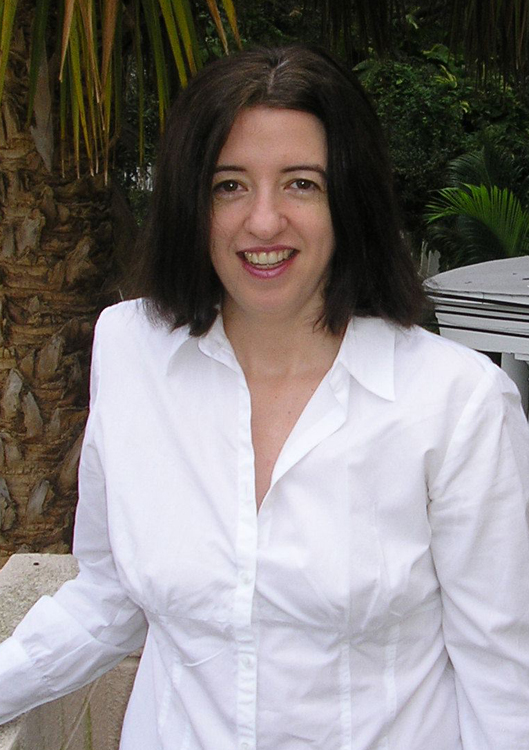The Artistic Censoring of SexualityFantasy and Judgment in the Twentieth Century NovelSusan Mooney |
 4/17/2008 Literary Criticism/American; Literary Criticism/European 321 pp. 6x9  $89.95 cloth 978-0-8142-1082-6 Add cloth to shopping cart $14.95 CD 978-0-8142-9161-0 Add CD to shopping cart Shopping Cart Instructions Review/Change Shopping Cart & Check-out | |||
| Table of Contents |
“Susan Mooney’s excellent book is a valuable contribution to current criticism on the ethics of reading. Her research is exhaustive and her analysis deeply satisfying. I found this book to be well conceived, superbly researched, convincingly argued, and richly suggestive: a work of sound scholarship that has deep implication for the way we read and think about twentieth-century fiction.”—Sebastian D. G. Knowles, professor of English, The Ohio State University Through the twentieth century, from colonial Ireland to the United States, and from Franco’s Spain to late Soviet Russia, to include sexuality in a novel signaled social progressiveness and artistic innovation, but also transgression. Certain novelists—such as James Joyce, Vladimir Nabokov, Luis Mart�n-Santos, and Viktor Erofeev—radicalized the content of the novel by incorporating sexual thoughts, situations, and fantasies and thus portraying repressed areas of social, cultural, political, and mental life. In The Artistic Censoring of Sexuality: Fantasy and Judgment in the Twentieth-Century Novel, Susan Mooney extensively examines four modernist and postmodernist novels that prompted in their day harsh external censorship because of their sexual content—Ulysses, Lolita, Time of Silence, and Russian Beauty. She shows how motifs of censorship, with all its restrictions, pressures, rules, judgments, and forms of negation, became artistically embedded in the novels’ plots, characters, settings, tropes, and themes. These novels contest censorship’s status quo and critically explore its processes and power. This study reveals the impact of censorship on literary creation, particularly in relation to the twentieth century’s growing interest in sexuality and its discourses.
| |||


